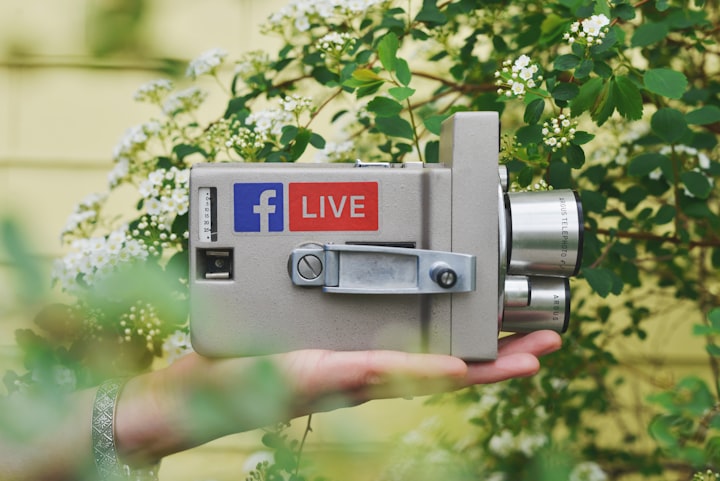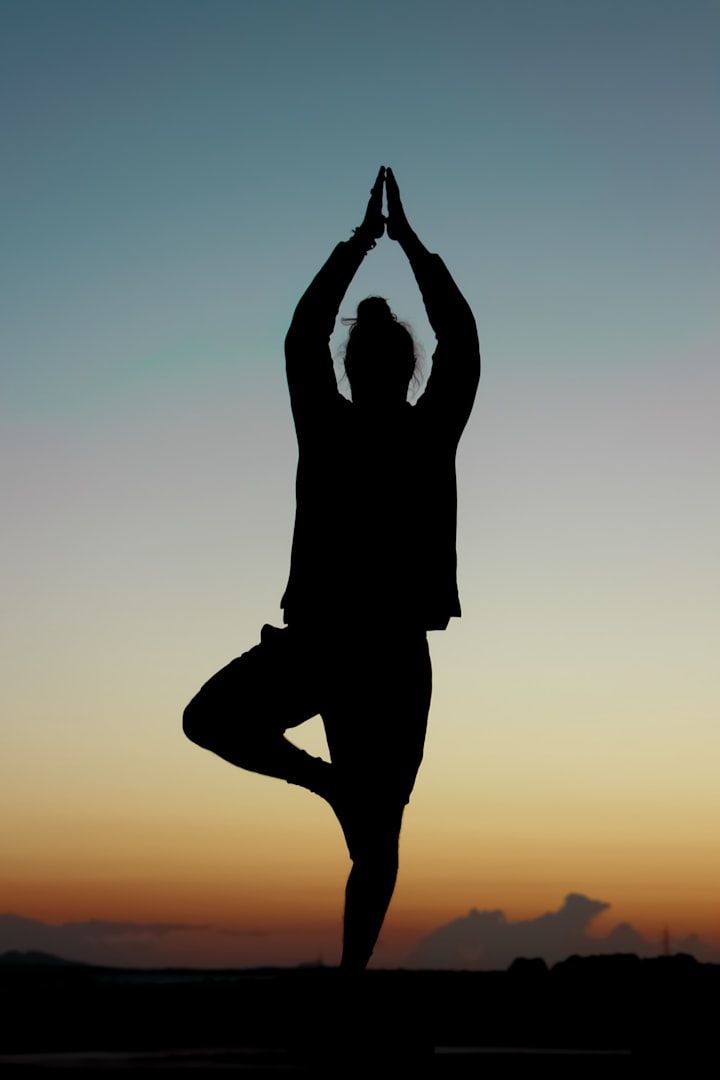The impact of social media on mental health and how to use it in a healthy way.
Navigating the Pros and Cons of Social Media for Mental Health: Tips for Healthy Use

The rise of social media has brought about a significant change in the way we communicate and interact with others. It has opened up a whole new world of possibilities, allowing people to connect with others from all over the world and share their thoughts, feelings, and experiences. However, with this new world of social media comes a dark side - the impact it can have on our mental health.
Studies have shown that there is a correlation between social media use and mental health issues such as anxiety, depression, and low self-esteem. Social media platforms like Facebook, Instagram, Twitter, and Snapchat have been found to increase feelings of social isolation, envy, and insecurity among users.
The problem is not the use of social media itself, but rather the way it is used. People often use social media to compare themselves to others, seeking validation and approval from their followers. This can lead to feelings of inadequacy and low self-esteem, which can have a negative impact on mental health.
However, social media can also have positive effects on mental health if used in a healthy way. Here are some tips for using social media in a healthy way:
Limit your time on social media
It's easy to spend hours scrolling through social media, but this can be detrimental to your mental health. Set a time limit for your social media use each day and stick to it. This will help you avoid falling into the trap of mindlessly scrolling and comparing yourself to others.
Follow positive and uplifting accounts
The content you see on social media can have a significant impact on your mental health. Follow accounts that inspire and uplift you, rather than those that make you feel inadequate or envious.
Don't compare yourself to others
Social media is often a highlight reel of people's lives. It's important to remember that what you see on social media is not necessarily a reflection of reality. Don't compare yourself to others and focus on your own journey.
Take breaks from social media
Sometimes the best thing you can do for your mental health is to take a break from social media altogether. Take a day or a weekend off from social media and focus on other things that bring you joy and fulfillment.
Don't rely on social media for validation
Social media should not be the sole source of validation for your self-worth. Build your self-esteem through other means, such as developing hobbies and interests, spending time with loved ones, and practicing self-care.
Let's dive deeper into the negative impact of social media on mental health. One of the primary ways social media can impact mental health is through the comparison trap. People often post the best parts of their lives on social media, creating an idealized version of themselves. When others see these posts, they can feel envious and inadequate in comparison. This can lead to feelings of low self-esteem, anxiety, and even depression.
Another way social media can impact mental health is through cyberbullying. Cyberbullying is the use of technology to harass, embarrass, or intimidate another person. Social media provides a platform for cyberbullies to target others anonymously. Victims of cyberbullying can experience a range of negative emotions, including fear, anxiety, and depression.
Social media can also lead to social isolation, despite the fact that it was created to bring people closer together. People can become so engrossed in their online lives that they neglect their real-life relationships. This can lead to feelings of loneliness and isolation, which can negatively impact mental health.
However, it's not all doom and gloom when it comes to social media and mental health. Social media can also have a positive impact on mental health if used correctly. For example, social media can be used to connect with others who share similar interests or experiences. This can be particularly beneficial for people who live in rural areas or who have difficulty leaving their homes due to illness or disability.
Social media can also be a source of inspiration and motivation. People can use social media to find healthy recipes, workout routines, and other resources that can improve their physical and mental health. Additionally, social media can be a platform for expressing creativity and sharing positive messages.
In order to use social media in a healthy way, it's important to be mindful of your social media use. If you find yourself feeling anxious, depressed, or envious after using social media, it may be time to take a break. Limit your social media use, follow positive accounts, and don't rely on social media for validation. By using social media in a healthy way, you can reap the benefits of this powerful tool without negatively impacting your mental health.
In conclusion, social media can have a significant impact on mental health, both positive and negative. It's important to use social media in a healthy way, limiting your time on social media, following positive accounts, not comparing yourself to others, taking breaks when needed, and not relying on social media for validation. By following these tips, you can use social media to enhance your mental health and wellbeing, rather than detract from it.
About the Creator
Abdou AG
Abdou AG is a writer and researcher who specializes in writing articles about artificial intelligence (AI). With a strong passion for technology and its potential to change the world, he has spent several years studying and writing about AI
Enjoyed the story? Support the Creator.
Subscribe for free to receive all their stories in your feed. You could also pledge your support or give them a one-off tip, letting them know you appreciate their work.






Comments
There are no comments for this story
Be the first to respond and start the conversation.